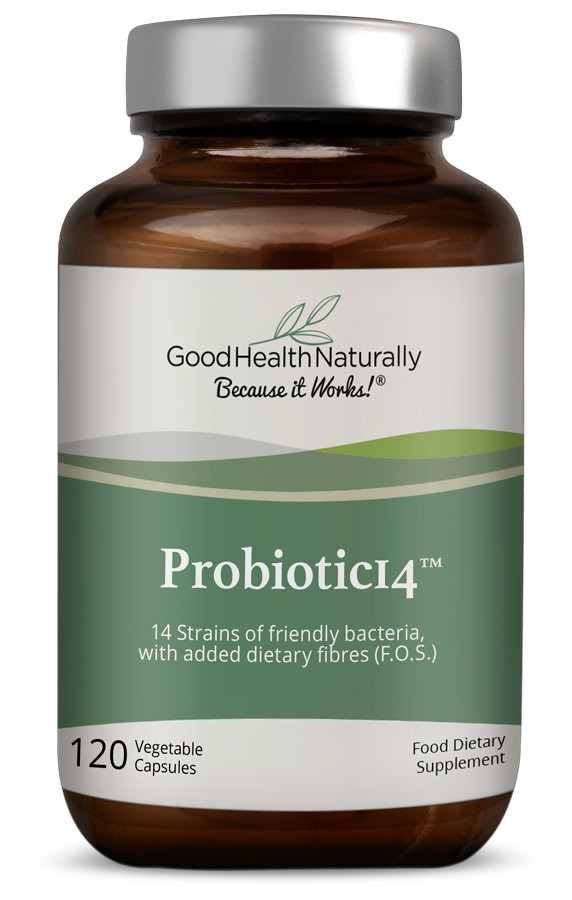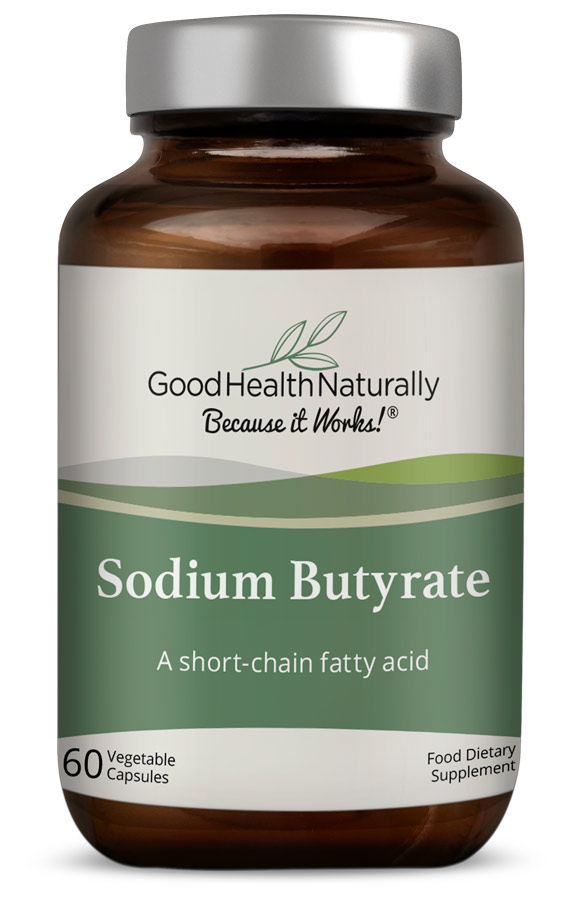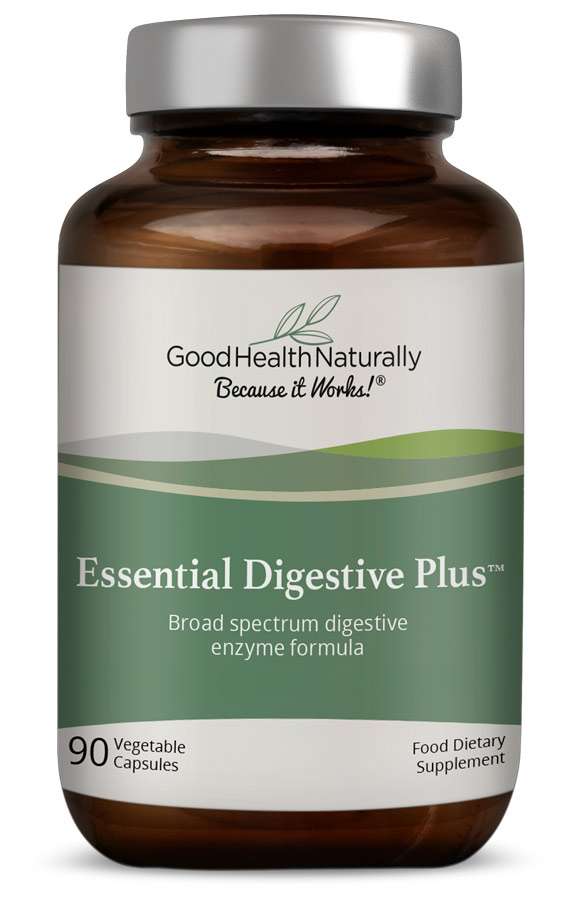In reality, poor digestive health can show up in unexpected ways, from low mood and brain fog to skin issues and fatigue. In this blog, we explore how gut health influences everything from immunity to mental clarity, and simple ways to support it naturally.
How Gut Health Influences Immunity, Energy, and Mental Clarity
The digestive system spans from the mouth to the colon and comprises various organs which work in harmony to process food, absorb nutrients, and eliminate waste. Beyond its mechanical functions, the digestive system houses a vast and dynamic ecosystem of microorganisms, known as the gut microbiome. This community of bacteria, fungi, and viruses plays a crucial role in our health.
Key Roles of the Gut:
- Immune defence: About 70–80% of the body’s immune cells are found in the gut. Ensuring a balanced microbiome can help defend against pathogens and reduce systemic inflammation.
- Mental health & brain function: The gut is often called the ‘second brain’ because of the enteric nervous system, a complex network of neurons that controls the gastrointestinal tract. It communicates closely with the brain via the vagus nerve and produces neurotransmitters, like serotonin, around 90% of which is made in the gut.
- Nutrient absorption: Without efficient digestion and absorption, even the healthiest diet won’t fully nourish your body.
- Detoxification: A sluggish digestive system can hinder the body’s natural detox pathways and contribute to toxin build-up and fatigue.
- Inflammation control: An imbalanced gut can become a source of chronic low-grade inflammation, which is linked to conditions like heart disease, diabetes and autoimmune disorders.
Signs and Symptoms of Poor Digestive Health
An unhealthy gut can manifest in ways beyond digestive discomfort and may include:
- Bloating, gas, constipation, or diarrhoea.
- Fatigue
- Brain fog
- Skin conditions like eczema or acne
- Poor immunity with frequent colds or infections
- Mood imbalances, including anxiety and depression
- Food sensitivities and intolerances
If you’re experiencing any of these symptoms, it may be time to take a closer look at your digestive health.
Simple Ways to Improve Digestive Health Naturally
There are plenty of simple lifestyle and diet changes you can make which will have a big impact on digestive health.
Establish a Consistent Routine
The body thrives on routine. Try to develop regular mealtimes and bowel habits, ideally following your body’s natural rhythms.
Hydrate for Optimal Digestion
One of the first things to check is whether you are drinking enough water. Adequate hydration is fundamental for maintaining healthy digestion. Water helps soften stools, making them easier to pass. Aim to drink plenty of water throughout the day, especially upon waking and between meals. Herbal teas like peppermint or ginger can also support digestion and alleviate constipation.
Boost Your Fibre Intake for Digestive Health
There are two forms of fibre – soluble and insoluble. Soluble fibre is found in oat bran, barley, nuts, and seeds, especially flax and chia, beans, and lentils. It attracts water, becoming a gel, making stools softer and easier to pass. Insoluble fibre is found in wheat bran, vegetables, and whole grains. It adds bulk to the stool, helping it move faster through the intestines. Always increase the fibre content gradually.
Exercise to Support Gut Motility
Physical activity stimulates intestinal muscles, aiding in bowel movements. Aim for at least 30 minutes of moderate exercise most days of the week. Activities like walking, jogging or cycling can effectively promote digestion and alleviate constipation.
Manage Stress for Gut-Brain Harmony
Studies show that chronic stress can significantly impact digestive health. It’s been associated with constipation and IBS. Stress puts our bodies into a heightened state, diverting energy away from digestion and slowing it down. Therefore, finding ways to relax is crucial to help support digestion. Try mindfulness, meditation, yoga, Tai Chi or Pilates to help lower stress hormones. Prioritise sleep too, as rest is essential for microbiome balance and immune health. Aim for 7–9 hours a night.
Supplements to Support Digestive Health
Digestive Enzymes: Support for Those Struggling to Digest
If you notice symptoms such as bloating, wind, discomfort after eating or cramping, it could be that your body is not able to produce sufficient digestive enzymes. As we age, we slowly begin to lose this efficiency. By the time we reach 20, the body’s ability to produce natural enzymes will drop by 25% and will continue to decrease by as much as 35% when you reach your 40s.
Try modifying your diet to include small quantities of raw, fresh, enzyme-rich food such as pineapples, papayas, mangoes, bananas, avocados, and fermented products like kimchi and sour kraut in small, frequent amounts.
Digestive enzyme supplements can also help alleviate symptoms of digestive disorders. For example, lactase supplements can help people with lactose intolerance digest lactose more easily. Digestive enzymes can help reduce inflammation in the gut by breaking down proteins that can trigger an immune response. This can be helpful for people with inflammatory digestive conditions.
Probiotics and Their Role in Gut and Immune Health
Probiotics are live microorganisms that provide health benefits when consumed in adequate amounts. They help restore and maintain a healthy balance of gut bacteria, which is essential after disruptions like antibiotic use, illness, or a poor diet.
Key Benefits of Probiotics:
- Improved digestion: Probiotics can alleviate common complaints like bloating and constipation by promoting motility and balancing gut flora.
- Enhanced immunity: Certain probiotic strains stimulate the immune system and reduce the risk of infections.
- Mental health support: Probiotics may help regulate mood and stress levels by influencing the gut-brain axis.
- Reduction in inflammation: A well-balanced gut microbiota can reduce intestinal permeability, also known as ‘leaky gut’, and systemic inflammation.
Butyrate: A Critical SCFA for Gut and Brain Health
While probiotics often take the spotlight, postbiotics, like butyrate, are gaining attention for their profound health benefits. Butyrate is a short-chain fatty acid (SCFA) produced by the fermentation of dietary fibre by certain gut bacteria.
Why Butyrate Matters:
- Anti-inflammatory effects: Butyrate helps reduce inflammation both in the gut and systemically.
- Supports gut lining: It strengthens the intestinal barrier, helping to prevent leaky gut.
- Brain health: Butyrate has been shown to influence the brain positively, potentially improving mood and cognitive function.
- Metabolic benefits: It may support healthy blood sugar levels and fat metabolism.
- May increase BDNF: Brain-Derived Neurotrophic Factor is a compound that supports healthy neurons and brain function.
How to Naturally Increase Butyrate Production:
- Eat more fibre from whole foods, including vegetables, grains and legumes.
- Focus on resistant starches and pectin found in bananas, potatoes and apples.
Conclusion: A Healthier You Starts in the Gut
Your gut is more than just the place where food is digested, it’s the foundation of your overall health. Digestive health plays a crucial role in almost every system in the body. When your gut is functioning optimally, you’re better equipped to absorb nutrients, fight illness, and even regulate your mood. Start prioritising your gut health today for a healthier, more vibrant you.







